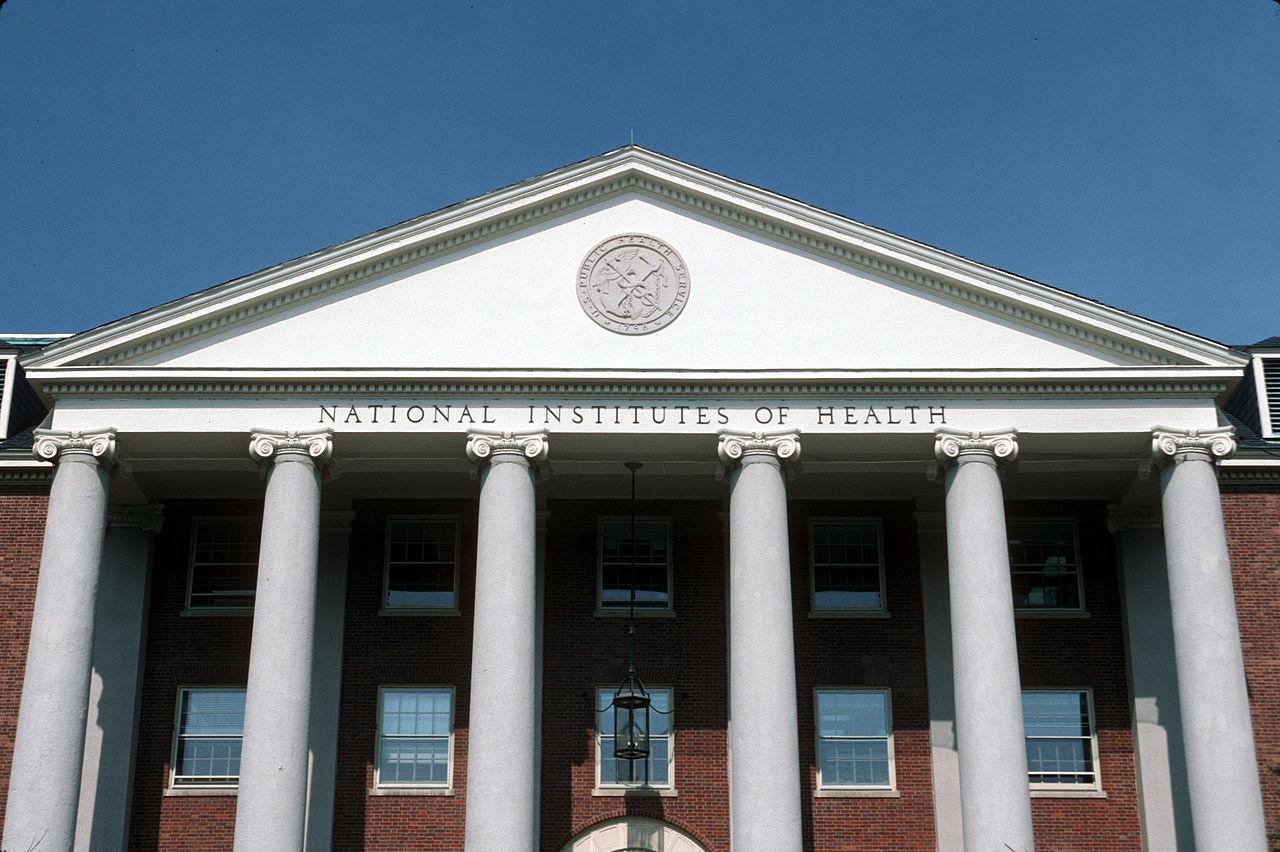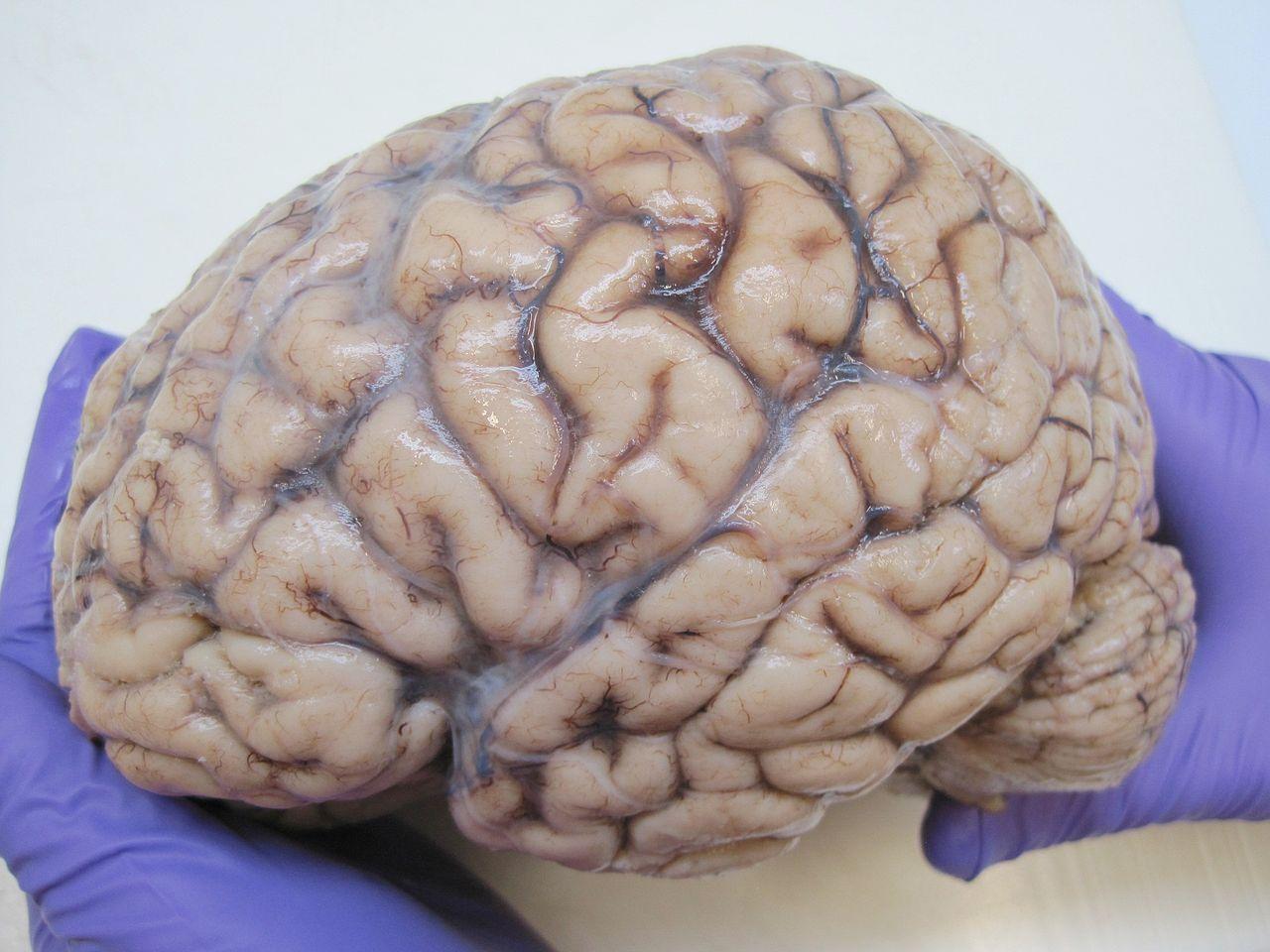This One Daily Habit Can Drastically Reduce Your Chances of Getting Dementia, Says Experts
Researchers, in their relentless pursuit of ways to fight against dementia, have unveiled a groundbreaking discovery that has the potential to significantly reduce the risk of degenerative diseases such as Alzheimer’s.
Despite the challenges with assessing who’s most at risk of getting dementia or Alzheimer’s, researchers have been using AI, which suggests several simple daily habits could dramatically reduce your chances of getting the degenerative disease.
What is Dementia?
Over five million Americans aged 65 and above in the United States currently suffer from dementia, according to data sourced from the U.S. Centers for Disease Control and Prevention.

Source: Wikimedia
Dementia is not a specific disease but a general term for losing memory, language, problem-solving skills, and the ability to think clearly.
Alzheimer's Disease
There are several forms of dementia, the most common of which is Alzheimer’s disease, a brain disorder characterized by an impaired ability to think and make coherent decisions.

Source: Wikimedia
Scientists have suggested Alzheimer’s occurs following a buildup of certain proteins in and around the cells of our brain. However, they haven’t been able to discern what exactly leads to this abnormal buildup.
Scientists Continue to Study Alzheimer's
Despite the little knowledge researchers have about the true cause of Alzheimer’s, they have continued to study the disease and have gained some level of understanding of what can trigger aggressive symptoms in some people.

Source: Freepik
According to several medical doctors, the risk of developing the degenerative disease is largely dependent on various genetic and environmental factors.
The NIH on Alzheimer's
The National Institute of Aging in the US details several factors that can lead to Alzheimer’s, but even they admit the cause can vary from one person to another.

Source: Wikimedia
The causes probably include a combination of age-related brain changes and genetic, environmental, and lifestyle factors. The importance of any one of these factors in increasing or decreasing the risk of developing Alzheimer’s may differ from person to person,” says their website.
Artificial Intelligence and the Fight Against Alzheimer's
Prominent researcher Mihamaed Elmasry, a professor at the University of Waterloo, recently released a new book titled “iMind: Artificial and Real Intelligence,” which suggests artificial intelligence may help in the fight against dementia and Alzheimers.

Source: Wikimedia
“AI has become a household topic,” Elmasry told Newsweek. “We should know what AI can and can’t do. But Real Intelligence is far more important; we should take care of it by paying attention to our physical, mental, and spiritual fitness.”
Use It or Lose It
In his new book, Elmasry, an expert on artificial intelligence, explains that our memory requires exercise just like our physical muscles. He calls this the “use it or lose it” principle.

Source: Wikimedia
“Humans can intentionally develop and test their memories by playing ‘brain games’ or performing daily brain exercises,” Elmasry writes.
Neglecting Our Brain
According to the professor, the resilience modern humans already have in relying on AI to do a significant portion of our thinking may have dire consequences for our memory and brain.

Source: Wikimedia
Elmasry suggests that neglecting our brains in favor and relying on Google and search essentially replaces “real intelligence” with AI.
Give Your Brain Regular Breaks
While exercising our brains is incredibly important, the professor explained that it’s also vital to take regular breaks to reduce the chance of overload.

Source: Wikimedia
In his book, Elmasry details studies that suggest taking short but regular naps throughout the day can drastically improve our overall cognitive performance. Essentially, naps help reset our brain and bodily functions, he explained.
The Daily Habit That Could Reduce Your Chances of Dementia
Elmasry alludes to the idea that regular napping may actually rescue the chances of getting Alzheimer’s disease in the future.

Source: Wikimedia
Speaking on the benefits of a siesta, Elmasry said, “Napping is to give our brain a good sleep at midday to recharge, to rewrite our memory, and to dream. The alternative? A brain that works non-stop, say from 6 am to 11 pm.”
Chronic Stress Related to Cognitive Decline
According to Elmasry, chronic stress has also been associated with developing dementia. The professor recommends trying to find a full day of rest each week and adopting a healthy diet that limits alcohol to reduce your overall chances of getting Alzemriers.

Source: Freepik
“I eat well, stress myself less, exercise more, read more, meditate more, take a nap often, no drinking, no smoking, carry a conversation with family, friends, and strangers, and write books (to write a book, you need to read more than 50),” he said.
Your Most Valuable Asset
Elmasry was inspired to write his new book after his brother-in-law unfortunately died following a lengthy battle with Alzheimer’s disease.

Source: Wikimedia
“Your brain-mind is the highest-value asset you have or will ever have. Increase its potential and longevity by caring for it early in life, keeping it and your body healthy so it can continue to develop,” he writes.
